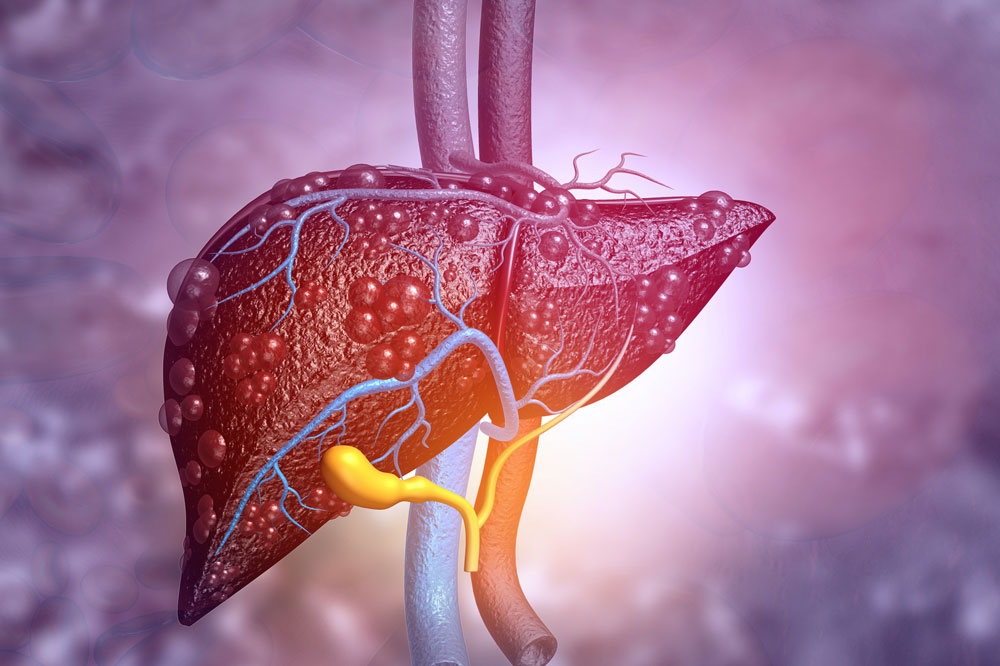Liver Cirrhosis
Liver cirrhosis is a serious medical condition that affects the liver, causing it to become scarred and dysfunctional. The liver filters toxins from the blood, produces essential proteins, and stores energy. When scar tissue replaces healthy liver tissue this disrupts the liver's ability to function properly leading to various complications that can be life-threatening.










